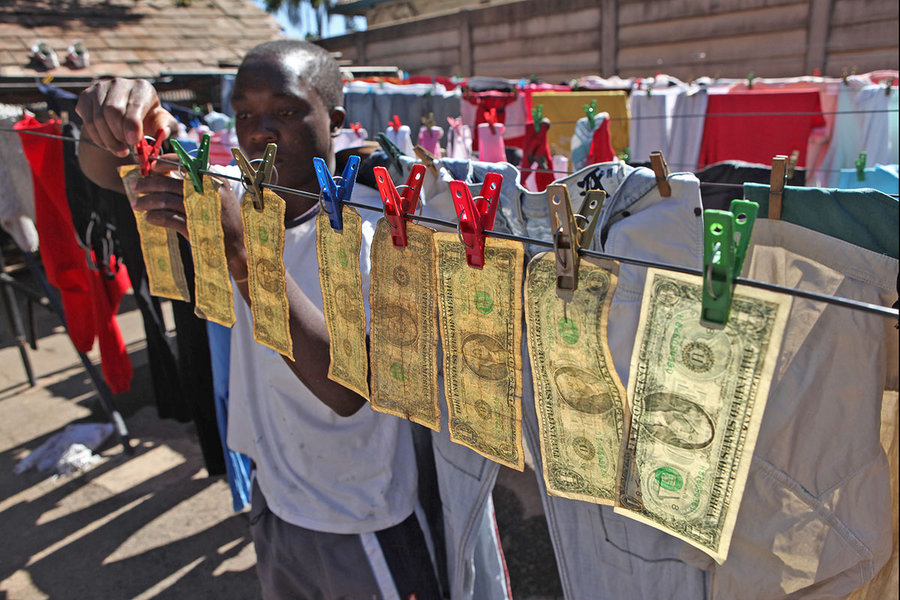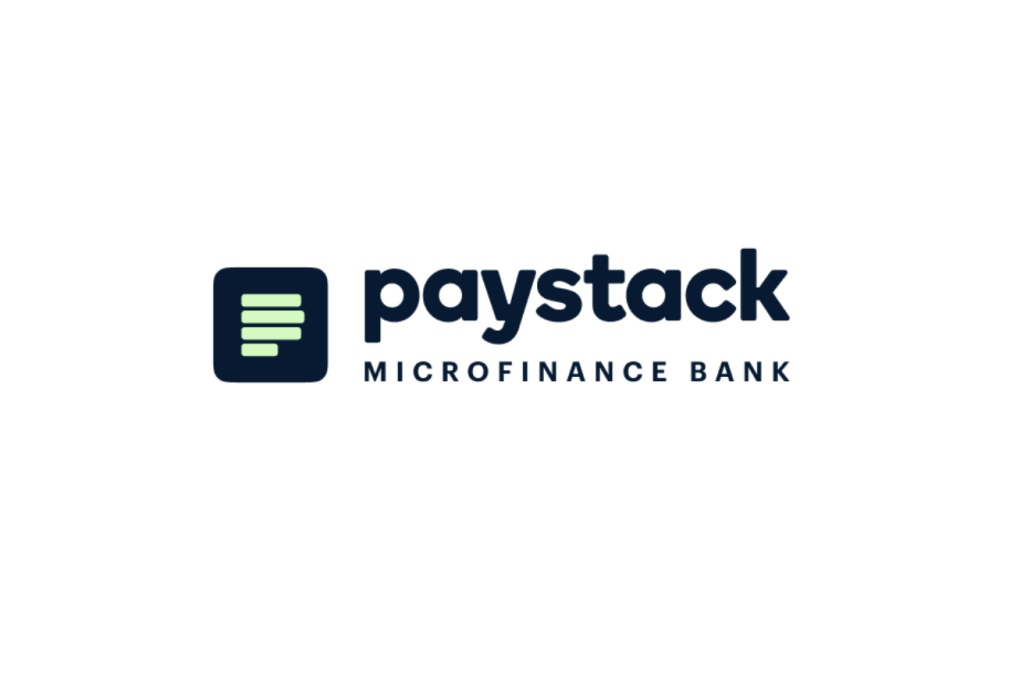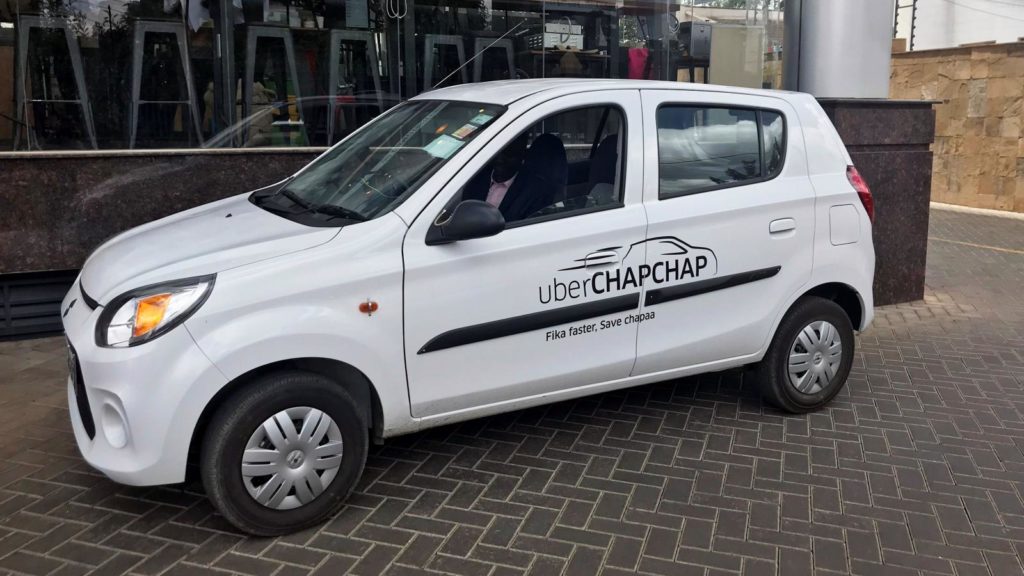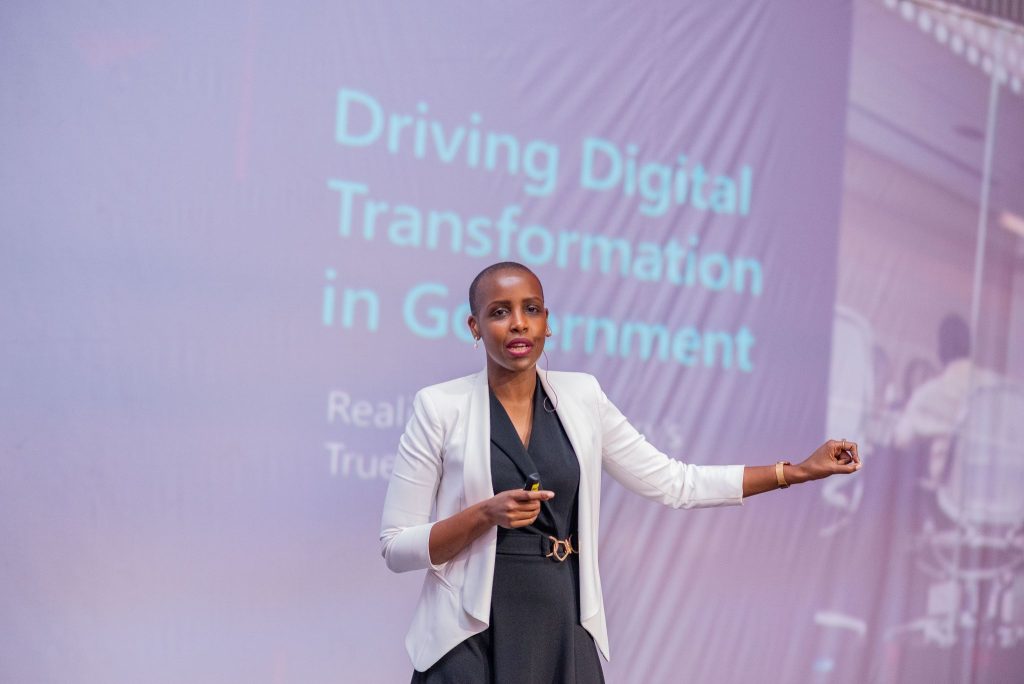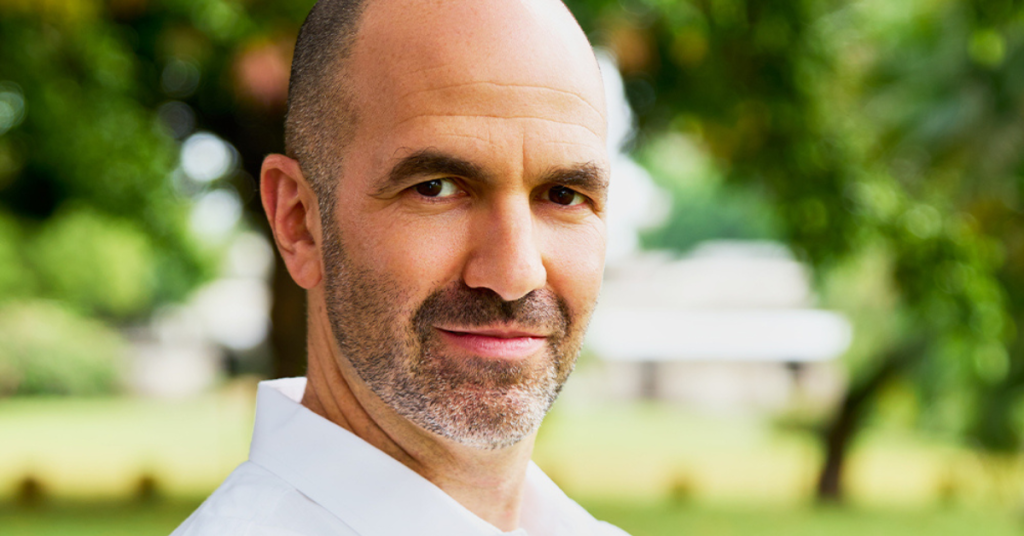|
|
|
|
|
|
|
|
in partnership
with
FLUTTERWAVE |
29.06.2020 |
|
|
|
|
|
Hello there,
Welcome to today’s edition of TC Daily! In today’s digest: Zimbabwe drops the axe on mobile money services, Nigeria’s airports to get robots and South Africa’s e-commerce companies are overwhelmed by operational challenges caused by new growth.
Please take a moment to subscribe to our newsletter if this email was forwarded to you. Onto the digest.
|
|
|
|
|
|
|
|
|
Medplus – A wholesale & retail pharmacy that not only sells locally manufactured & imported drugs but also your everyday essentials. Now you can order your COVID-19 essentials & have it delivered to you in one click.
|
|
|
|
|
|
|
The Zimbabwean government has banned the use of mobile money services in the country. The government argues that mobile money agents are undermining efforts to maintain a stable foreign exchange rate. Since 2019, the government has reintroduced the Zimdollar which was abandoned in 2009 after years of hyperinflation.
However, since its reintroduction, the currency has lost value
quickly as inflation in the country has jumped to 786%. The government says mobile money services, used by 11 million people, are a major cause. It claims agents have been involved in black market currency dealings that undermine the fixed exchange rate. In May, the governor of the Reserve Bank of Zimbabwe (RBZ) called EcoCash, the country’s biggest mobile money service, a ponzi scheme.
In its latest move, the government claims it has “impeccable intelligence” that these services are conspiring to “sabotage the economy.” Hence the ban. However, the RBZ has softened the government’s
stance, especially since mobile money accounts for 84% of all transactions. The regulator has banned only agent services, bulk payment and merchant-merchant transactions. The government says these restrictions will remain until operators have “reformed to their original purpose and all the current phantom rates of exchange have converged into a genuine rate of exchange that is determined by market forces under the Foreign Currency Auction system.”
|
|
|
|
|
|
|
|
|
Access Bank, one of Nigeria’s biggest banks, was forced to review a stamp duty policy following social media backlash. The backlash started after the bank “discovered” that mandatory stamp duty charges on transactions for some accounts were not being collected. Under Nigeria’s Finance Bill which became active in February, all bank transactions above ₦10,000 attract a ₦50 stamp duty charge.
On June 22, Access Bank told customers it “recently discovered” the stamp duty was not charged between February and April. In what almost became a PR blunder, the bank told customers it would collect charges for this period and asked that “you [the customer] fund your account to accommodate this charge.” A backlash followed.
It was a perfect opportunity for fintech startups to push their value propositions and woo customers. Digital banks including Kuda Bank, Carbon, V Bank jumped at this with their zero-fee offerings on transactions.
Unclear if related, but on June 28, Access Bank abandoned its original plan and said it would pay past stamp duty charges on behalf of customers.
|
|
|
|
|
|
|
The Central Bank of Kenya (CBK) has extended its policy of free mobile money transactions till December 31, 2020. The policy was originally introduced in mid-March following the outbreak of the pandemic. It removes transfer charges on mobile money transactions below Ksh1,000 ($10). The policy was supposed to end on June 30 but will now remain till the end of the year.
|
|
|
|
|
|
|
Weeks after returning to full operations after the lockdowns, South Africa’s e-commerce companies are enduring a period of mixed growth. On the one hand, companies like Loot and OneDayOnly say growth over the last three months has been huge, almost as high as peak periods like the Black Friday. OneDayOnly claims it has grown “30-40%” compared to four months ago. Loot says its revenue has increased by over 70% and sales volume has spiked since the end of May.
On the flip side, these e-commerce companies are facing serious operational challenges, MyBroadBand reports. They are struggling with a backlog of orders and supply chain issues that are affecting customer experiences. Loot and OneDayOnly say it has been challenging to keep up with their new scale and have apologised for relatively poor service delivery.
|
|
|
|
|
|
|
The Nigerian government has acquired profiling robots to deploy at the airports. According to state-owned NTA News, the robots will process passengers at the departure halls of airports. It can also check passengers’ temperature and identify
unwanted items. The acquisition of the robots comes as the government prepares to reopen the airspace to domestic travel. The Nigerian Civil Aviation Authority (NCAA) will deploy the bots in a test run before deciding if it should be fully adopted.
|
|
|
|
|
|
|
YCombinator, the highly popular US-based accelerator and investment firm, has cut the size of its investment deal. Originally, the firm invested $150,000 in seed-stage startups for 7% equity, a $2.1 million post-money valuation,
according to TechCrunch. Now, that ticket will drop to $125,000 for the same stake.
This is the second major change YCombinator has made this year as it adjusts to uncertain economic realities. In April, YCombinator announced changes to its policy on follow-on investments. Since 2015, the firm has maintained a policy of investing in every seed and Series A round of its portfolio companies. During this period, it has backed over 300 startups and participated in over 500 rounds. This policy ended in April. Follow-on investment will come on a case-by-case basis and it will be
capped at 4%.
The new changes are notable since YCombinator has become increasingly popular among African startups. Between 2009 and 2019, more than 28 Africa-focused startups participated in the startup programme. They include Helium Health, Flutterwave, CowryWise, Paystack, WaystoCap, Kobo360, among others.
|
|
|
|
|
|
|
|
|
A majority of the health tech entrepreneurs in Nigeria are doctors and pharmacists. About 30% of them have backgrounds in fields such as IT, engineering, and business.
For founders in the health and biological sciences group, over 90% of them have health-related backgrounds while the rest have backgrounds in biological sciences. Engineering and IT backgrounds come in as second and third respectively.
Learn more in our report on health tech in Nigeria; the State of Health Tech in Nigeria. Are you an investor or founder interested in getting access to free and premium TC Insights reports and analysis? Please fill in this form to let us know your interests.
|
|
|
|
|
|
|
|
|
Have a productive week
– Abubakar
|
|
|
|
|
Share TC Daily with your friends!
|
|
|
|
|
|
|
Copyright © 2020 Big Cabal Media,
All rights reserved.
You are receiving this email because
you signed up on TechCabal.com
Our mailing address is:
Big Cabal Media
18, Nnobi Street, Animashaun, Surulere, Lagos
Surulere 100001
Nigeria
Add us to your address book
Want to change how you receive these emails? You can
|
|
|
|
|

